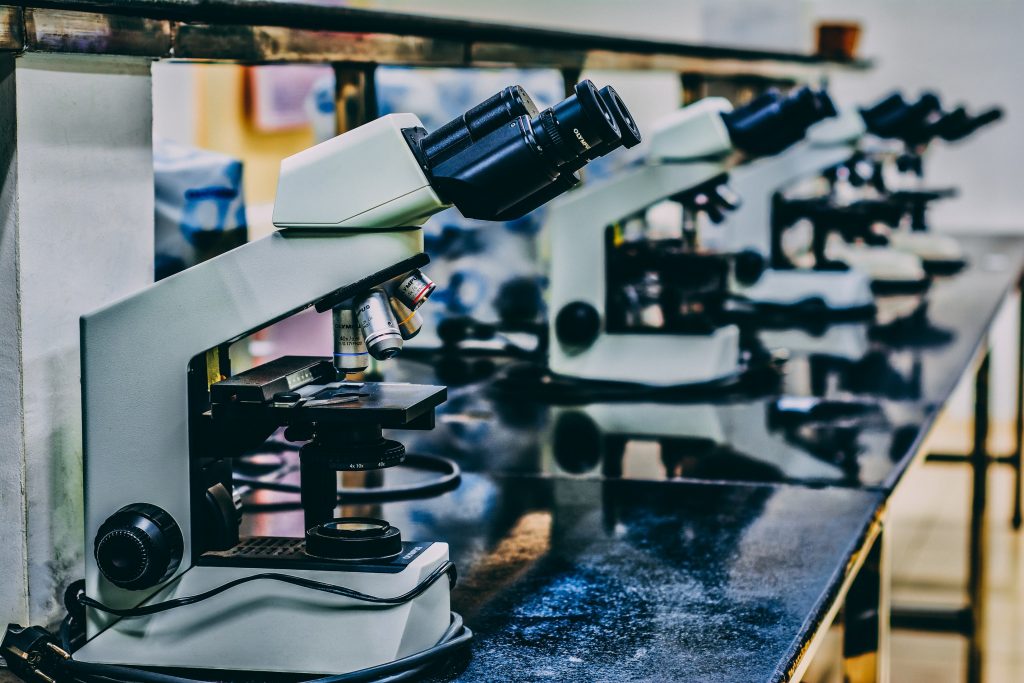For this week’s “Early Stage,” KrASIA’s writers look at programs that are designed to spur startups that are in their nascence, an insurance firm for the gig economy raising funds, and a biomed firm taking advantage of support from Singapore’s science and technology ecosystem.
WeWork Labs has teamed up with renowned Thai partners to create the Space-F program to build a sustainable ecosystem for foodtech startups in the country. Space-F will provide service and support to startups through an incubator track for early stage startups, and an accelerator track for growing startups. Founders will have access to a non-equity model that lets them maintain full ownership of their ideas and products after the program ends. They will also be given the opportunity to meet potential investors. This move into foodtech is increasingly important in ASEAN as countries like Singapore try to reduce its dependency on food imports from 90% to 30% by 2030.
Singapore-headquartered insurtech company Gigacover, which specializes in insurance for the gig economy, has secured an undisclosed sum to fund its growth. Besides co-creating new insurance solutions and a suite of general insurance products backed by Etiqa and AXA, it recently announced an exclusive partnership with Go-Jek to offer earnings protection for driver-partners. Gigacover uses technology like machine learning and analytics to keep expenses and loss ratios low for its fully-digital insurance stack. It plans to utilize the funds to strengthen its position in Singapore and expand into Southeast Asian markets.

Singapore-based medical diagnostics company One BioMed has closed a USD 5 million Series A financing round. Spun off from A*STAR in 2016, One BioMed will commercialize its first product, an automated sample preparation process that is the required first step in many molecular biological and clinical diagnostic technologies. The company hopes to launch next-generation biomed platforms, including its proprietary silicon biophotonics sensing technology, for point-of-care infectious disease detection.
Following the graduation of its first cohort of startups, Indonesian pre-seed accelerator Skala is hoping to help grow another group of startups as it opens the application process for batch two. This time around, Skala will choose up to 15 startups, with successful applicants receiving USD 50,000 for 8% equity. Batch 1 alumni received an upfront seed investment of USD 30,000 for 5% equity. At the end of the 20-week program, startups will have the opportunity to make a pitch in front of over 100 investors to secure funding.
“Early Stage” is a series where the writers of KrASIA highlight startups that caught our eye for the week, whether they achieved an important milestone, rolled out a truly innovative product, or became embroiled in controversy.
